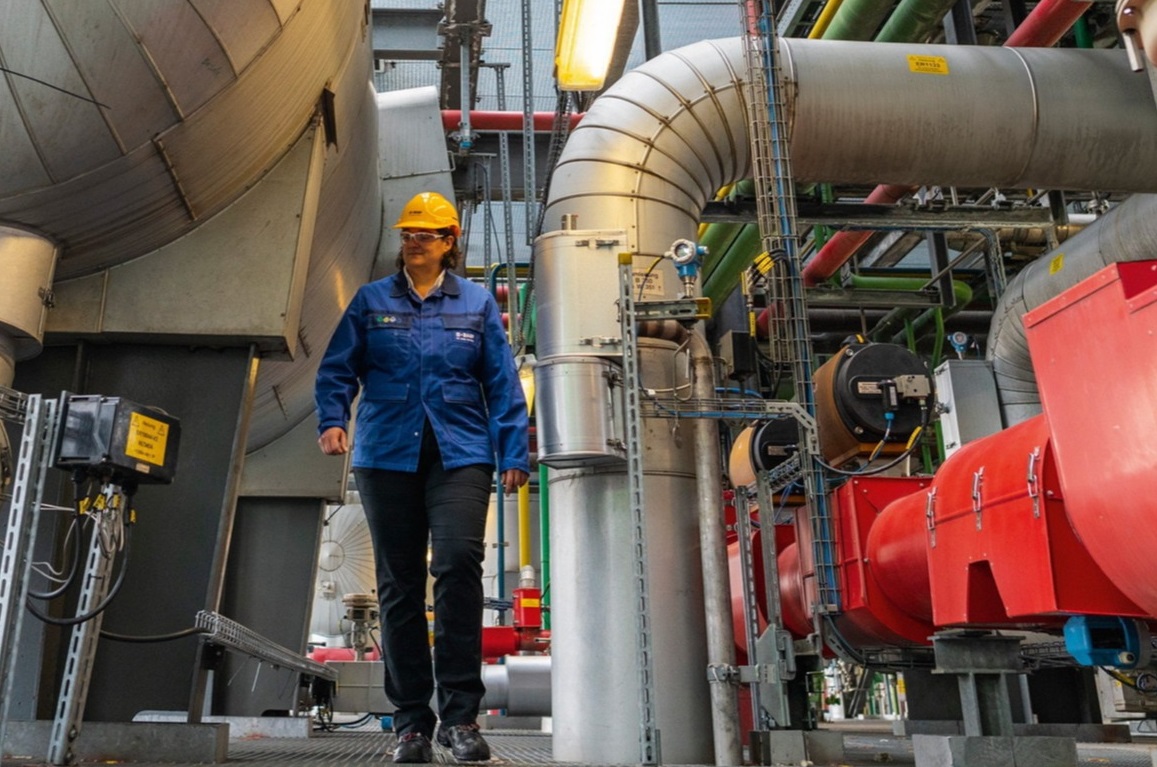11 Dec 2024

Tired Earth
By The Editorial Board

The coalition was hoping to demonstrate its capacity to act at the bi-annual retreat after a series of blows to the German economy and months of government infighting.
His government had been “very productive” over the summer break, Scholz said, so that “numerous decisions” were taken in Meseberg to enhance the economic outlook.
The centre-piece of the measures adopted in Meseberg is a tax relief package, a flagship project of Finance Minister Christian Lindner (FDP/Renew Europe), which will include a patchwork of tax cuts and rebates for businesses worth €7 billion a year.
However, a lingering disagreement over electricity subsidies for energy-intensive companies remains yet to be resolved. After the start of the war in Ukraine, gas and electricity prices have temporarily spiralled, but returned to lower levels.
Experts still expect energy prices to continue to be higher than in the past as Germany has permanently turned away from cheap Russian gas.
Asked about the issue, Scholz called securing cheap energy a “permanent issue” for his government, but did not want to comment on a concept paper adopted by his own party’s parliamentary group that had called for subsidising electricity prices for large industries over the next five years in order to stop companies from moving abroad.
Economy Minister Robert Habeck (Greens) said that he was in “permanent” contact with the European Commission on the legality of such a scheme under EU rules.
“There is nothing more to say about this. At least not today,” he added.
Cutting red tape in Germany, Europe
Apart from tax relief, the government also adopted draft legislation that is supposed to relieve companies from obligations straining their resources, such as information obligations, retention periods, and requirements to carry out certain processes in written form.
For businesses, this would reduce overall compliance costs by €2.3 billion per year, the ministers said.
It would also be an “overarching signal” to the business community, Lindner said.
“The overarching political signal is: This government knows the situation in the country, this government knows the situation in the economy, and it is responding,” he added.
Alongside the draft laws, which are yet to be adopted by the German parliament, the government also announced a joint initiative with the French government to reduce reporting requirements coming from the EU-level.
“A lot of the regulation that medium-sized businesses and also big businesses, complain about […] was written in Brussels,” Scholz said, shifting some of the blame to the EU.
Much of the regulatory burden “doesn’t make sense but has just grown that way,” he said.
Less “noise” in the future
The new measures were embedded in a wider “10-point plan” to boost Germany’s economic standing, which the cabinet adopted on Tuesday.
Aside from tax and bureaucracy relief, the government also passed a data strategy and vowed to tackle labour shortages and increase efforts to sign EU trade agreements with third countries.
While the government thus aimed to shift the conversation back to policy, improving the mood within the cabinet after numerous internal disagreements was “central to the spirit of this retreat”, Habeck said.
Several policies have been held up by infighting, including the tax relief package. It was initially due to be passed two weeks ago but had been delayed by a feud between Lindner and Family Minister Lisa Paus about a new child benefit regime.
There had been “noises in the past”, the ministers admitted while promising to improve the coalition’s style.
“We have indeed agreed to work in a less noisy way from now on,” Scholz said.
Source : euractiv.com
Comment